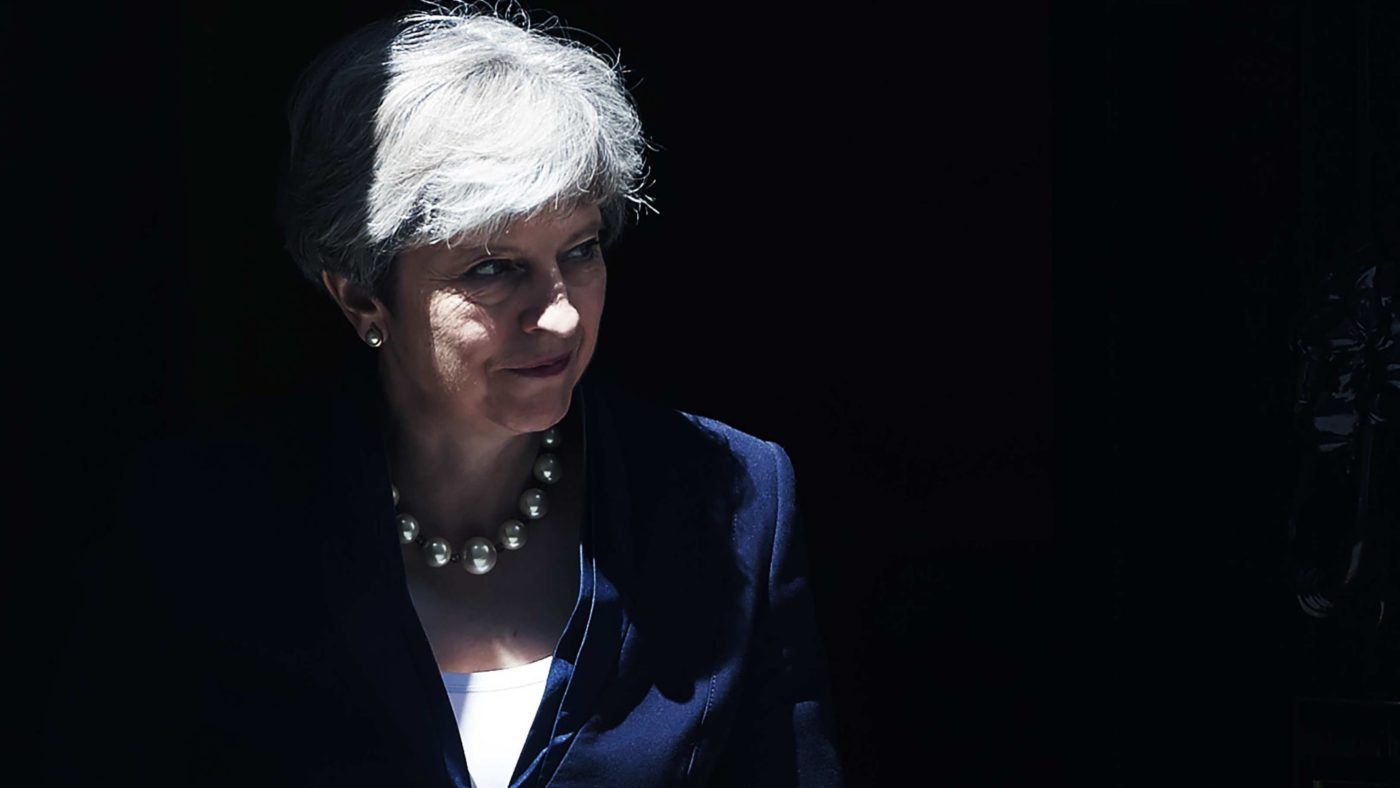According to Damian Green, Theresa May’s most senior cabinet minister, the Tory Party is going to have to “change hard” if it wants to win a majority at the next general election. Speaking at Bright Blue’s social reform conference, he called for a new period of Conservative modernisation in order to appeal to the younger, metropolitan voters who were so successfully wooed by Labour this year.
Theresa May herself recognises the need for change. This time last year, she entered Downing Street in the certainty that Brexit wasn’t simply an expression of euroscepticism, but a vote for deeper economic and social reform. It was this interpretation that drove the Conservative’s new industrial strategy, the reforms to corporate governance, the push for stronger employment rights, and advocating intervention in dysfunctional consumer markets such as energy.
This was the logic behind her election strategy, which was carefully calculated to trade a smaller group of socially liberal, metropolitan voters for a much larger group of working class Labour and Ukip voters. But it failed to deliver a majority. Instead, the Conservatives won only a clutch of new seats in traditional working-class areas, such as Mansfield, while repelling enough liberal voters that traditional Tory seats such as Canterbury and Kensington fell to Labour. The gamble didn’t pay off.
Theresa May was right to try to bolster the Conservatives’ support among working-class voters, a portion of the electorate they’ve historically struggled to convince, by talking about economic insecurity and low incomes. Indeed, these ideas appeal to younger voters, too. But her manifesto contained too few substantive solutions. For the Tories to start winning back voters, their first priority for the next phase of modernisation must be offer concrete ideas for how to improve the living standards of the low-paid.
First, the Conservatives should mitigate some of George Osborne’s welfare cuts, which were targeted disproportionately on working-age people. In particular, they should reduce the taper rate of Universal Credit, which was designed to strengthen work incentives in the welfare system, so that claimants do not have their benefits so rapidly withdrawn as their incomes rise. And instead of raising the income tax personal allowance, the Chancellor should prioritise raising the income threshold for national insurance, which would lift the very lowest paid out of tax.
Secondly, the Conservatives should help people adapt to the changing world of work. A growing number of self-employed people enjoy the flexibility of being their own boss, but they need greater financial resilience to weather downturns in their income. One idea would be for the Government to create a new category of national insurance contribution for the self-employed: paid into a personal welfare account, it can be accessed at times of need.
Similarly, as the technological revolution advances and retirement falls later, workers will increasingly need to retrain throughout their careers. Adults should be given an income-contingent lifetime-learning loan account to pay for approved courses.
Third, unaffordable housing is now a critical issue the Conservatives can’t ignore. It has a massive impact on living standards. Long-term, it should be addressed through reform of the planning system and a loosening of the prohibition on Green Belt development, in concert with incentives for local residents to accept any new building. But short-term measures are also required, especially in the private rental sector. The proposed ban on letting agents’ fees is a very good start, but there should be bolder ideas to improve the security and affordability of tenure.
The second priority of Conservative modernisation must be to re-establish the party’s reputation for social liberalism which it enjoyed under David Cameron. Liberals were turned off by Theresa May’s hard-line approach to immigration: her rhetoric about “citizens of the world”; the early closure of the Dubs scheme that allowed undocumented children refugees to come to the UK; and the inflexible and unrealistic net migration target.
Of course, the Government should control migration. But, according to Bright Blue polling, public attitudes to migration are nuanced. For instance, they want to see as many, if not more, international students and high-skilled migrants, while they support a reduction in low-skilled workers.
Given that the Government doesn’t and shouldn’t seek to control the numbers of people emigrating, the focus on net rather than gross migration is illogical. The Conservatives, therefore, should propose gross migration targets for these different streams to better reflect and respond to public preferences.
Younger, liberal voters are also particularly concerned about climate change, as Bright Blue polling has shown. The Government has made demonstrable achievements in this area, most notably the phasing out of Britain’s remaining coal-fired power stations. But it could be more ambitious, especially in incentivising cost-effective renewables and energy efficiency.
The Government could auction unsubsidised long-term contracts for new, cheap onshore and solar power projects. They could also encourage households to invest more in energy efficiency by offering loan guarantees for home energy improvements and by mandating that properties achieve a minimum energy performance rating prior to sale.
So this generation of Tory modernisers faces two main challenges: to improve the living standards of the low-paid and to appeal more to young, social liberals. Modernisation, though, should not be viewed as a single event or phase, or even a certain policy direction. It should be a continuous process by which the party reappraises its values and seeks to apply them to the new, emerging political challenges facing the country.
Damian Green was right to restart this conversation. But in responding to his challenge, Conservatives must offer tangible policy solutions, not slogans or changes to presentation, if they are to convince these key voters.


